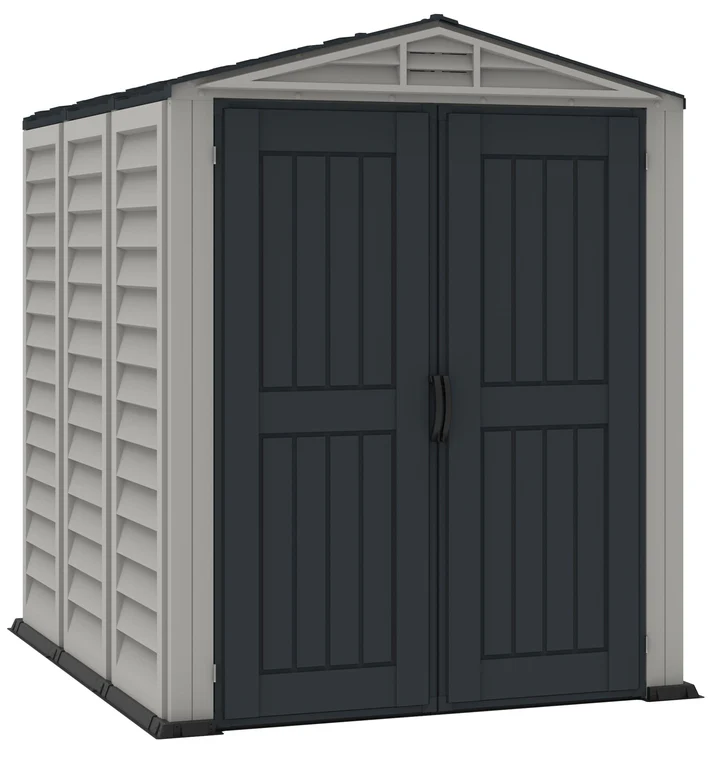Another German classical music festival is divided into two events that take place simultaneously: one in Mendig and the other in Nuremberg. However, they share the same lineup, so it’s mainly a matter of letting two separate crowds in different parts of the country enjoy the same show. As a predominantly Christian country, most German national celebrations and holidays are religious holidays. The most famous outside the country is the Oktoberfest in Munich, with its huge tents and huge beer glasses (called maß, no stein, by the way). Nature One has arguably one of the most unique venues of German music festivals, turning a former NATO missile base into a venue with four dance floors/main stages and tons of smaller dance areas.
While there may not be giant beer tents, there will still be giant beer gardens. These festivities celebrate a successful year of cattle in the mountains. It is a true autumn festival where local farmers in every village are proud of their animals. Every year Berlin celebrates this momentous occasion with a large city-wide festival.
This takes place during the Easter period and is Thuringia’s largest music festival, offering more than 60 concerts at Bach’s historic sites throughout the state. These show the best of baroque music and the works of Johann Sebastian Bach. During one night, more than a hundred concerts in public homes take place in private living rooms throughout the state. From classical music and opera to jazz and gothic rock, Germany has a thriving music scene for all tastes. Another highlight in the German calendar is Karneval, a 40-day holiday season that takes place between February and March.
In a city where the memory of the Wall and the separation is still relatively fresh, the annual celebrations in Berlin take on a distinctive character that is unparalleled by any other German city. If you’re in Berlin for German Unity Day, you’ll have no shortage of things to do and see. At the top of the charts is the huge twin festival of Rock am Ring and Rock Im Park. This music hurricane is the biggest of them all and is the perfect amalgam of music from different genres such as rock, pop, metal and some rap. The energy is incredible and the performances of each of the artists will surely make your heart reflect. The legendary Hamburg DOM, the largest public festival in northern Germany, is held three times a year.
The largest wine festival in the world takes place in September in Bad Dürkheim. The Wurst market has the largest wine barrel called Dürkheimer Riesenfass that can hold 44 million gallons of wine. Celebrated for about 600 years, this area is believed to be the site of ancient wineries where the Romans grew a variety of grapes 2,000 years ago. The Germans are one of the craziest football fans with a deep-rooted loyalty to their regional team.
In ancient times, it was believed that a large group of witches gathered every year in the Harz Mountains to meet the devil. There they welcomed the arrival of spring, symbolized by the burning of a pupa representing the last traces of winter, and the arrival of the Queen of May, which announces the arrival of spring. Modern festivals are joyful occasions to dress up, drink and dance around the fires and remember the ancient heritage of the German people.
Thanks to Germany’s long and persistent farming culture, there are festivals all over the country to celebrate every major harvest, with two crops in particular reigning supreme. Not only can you buy the freshest selections of the season, but you can also try many dishes based on the vegetables of the moment and choose costumes with asparagus or onion themes. German festivals and events abound, and a great opportunity to immerse yourself in the warmest and most fun parts of German culture. Here are ten festivals in Germany that you must attend to have a good time to defy stereotypes ranging from traditional to modern and elegant to sloed. The Berlin International Film Festival, also known as the Berlinale, is one of the largest film festivals held in Berlin every year since 1978. It is definitely one of the most famous festivals in Germany with over 300,000 tickets sold and 500,000 tickets per year.
With snacks and drinks in many places and tours available in English, it’s no wonder this is one of the most popular German festivals. Rock ‘n’ roll fans may want to mark their calendars for Germany’s biggest music festival: Rock am Ring at the Nürbergring and Rock im Park in Nuremberg. These rock festivals take place simultaneously over three days and see the same artists from different music genres appear at each location. They perform in front of a combined audience of around 160,000, making it one of the largest music festivals in the world.
The country is also known for its high-performance cars and its penchant for efficiency. Germans also know how to celebrate, whether it’s at the legendary viaggi oktoberfest Oktoberfest or at lesser-known wine and seasonal food festivals. Did you know that this alcohol festival started as a royal wedding party?
